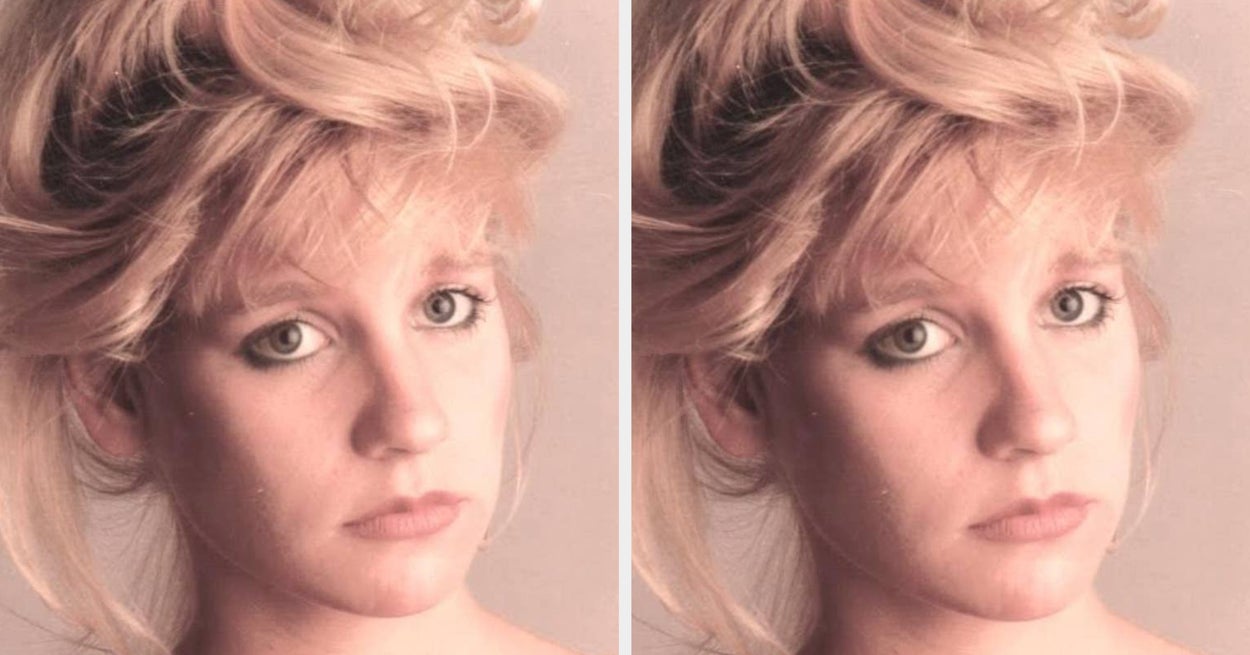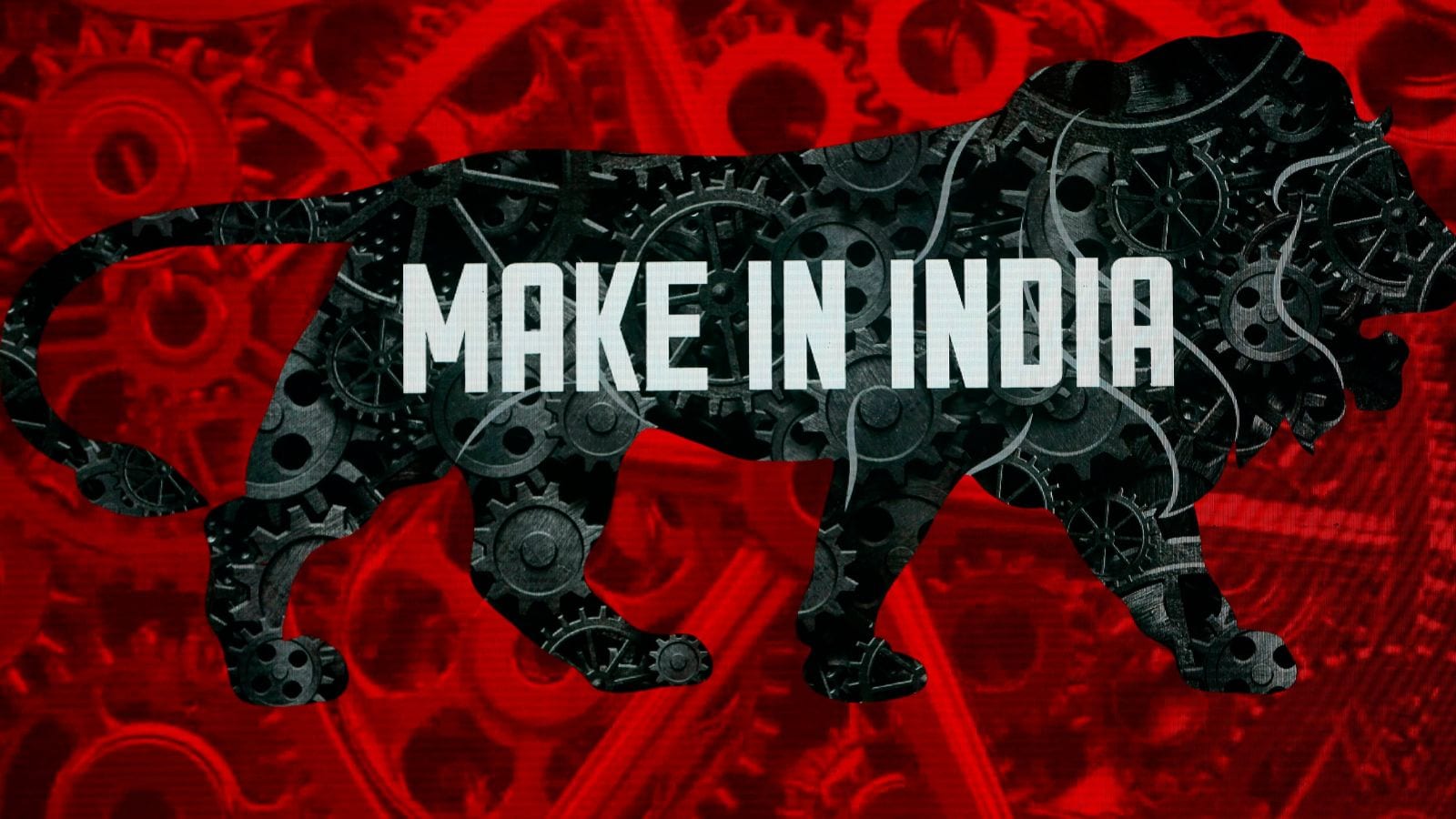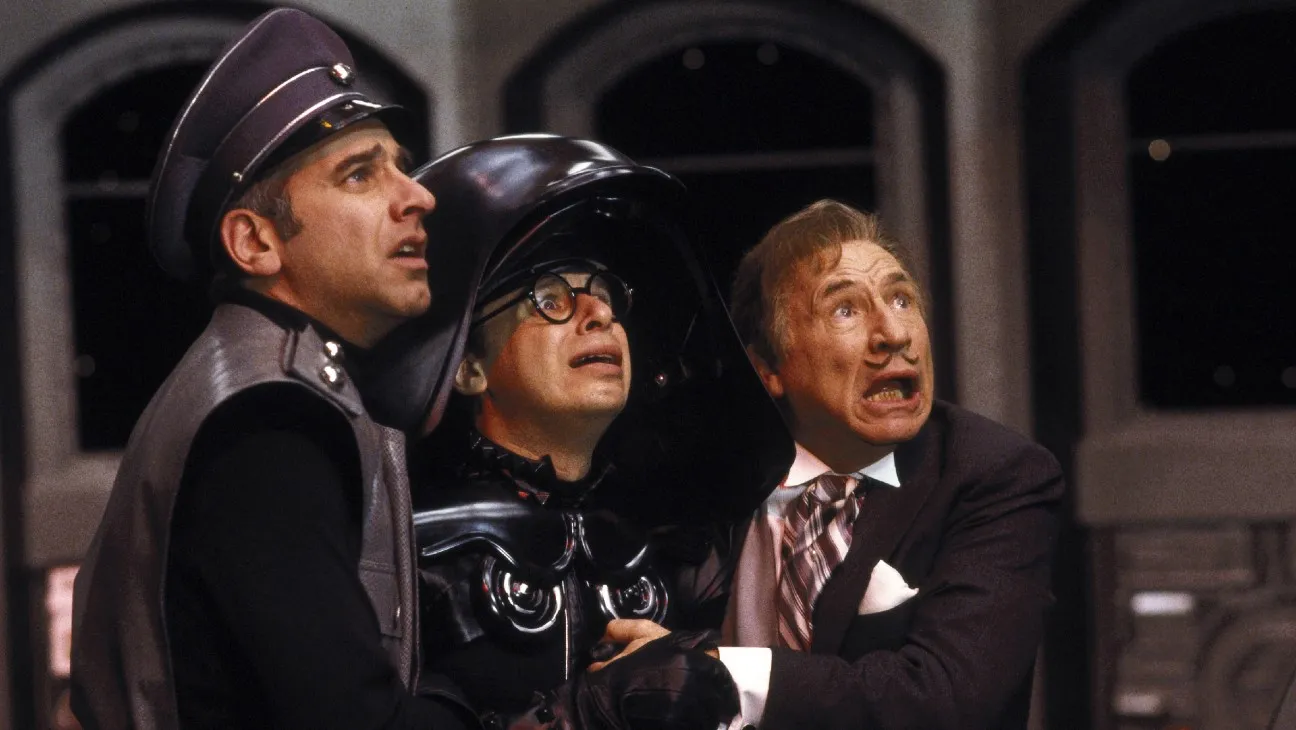
Contrary to all the horror stories I’d heard about perimenopausal brain fog, bloating, and general misery, when it hit me in my late 40s, I felt dipped in some sort of hormonal nectar. My skin glowed, my hair got thick and luscious and overnight, my boobs grew an entire cup size.
At the time, were I not fresh out of a long, sexless marriage, I would have thought I was pregnant. With this hormonal surge came a long-forgotten horniness — driven by being newly single in beautiful Paris — and a seemingly unlimited supply of “just-unmarried” flings with every variety of French man.
“Magnifique!” they whispered over glasses of rosé, staring into my eyes as their fingers grazed mine.
Apparently, I was still beautiful, even though I was officially middle-aged — two conditions I had been led to believe could not coexist. And this was of primary importance to me, because in spite of a successful professional life, happy motherhood to two lovely children and a community of good friends, deep down I believed that the thing that really mattered about me was men finding me desirable.
This was the toxic consequence of childhood sexual abuse that started when I was 10. Prior to that, I had little awareness of my appearance, other than being constantly mistaken for a boy due to the extremely short hair cuts imposed on me by my mother. To cope with the cruelty of classmates, I dogmatically played up a tomboy persona. Then my best friend’s father began regularly putting his hand down my pants. This coincided with more childhood cruelty: an anonymous list circulating in my sixth-grade class that divided the girls into ”pretty” or ”smart.” You could only be in one category. I got “pretty.”
That label — generally considered a compliment — followed me for the rest of my life. What was largely a stroke of genetic good fortune was also a secret curse because my self-esteem was forevermore on a pulley system with my physicality. Being attractive to men was the measurement of my worth, so if ever I gained weight, had a pimple or just a bad hair day, my brain could literally filter out anything else that made my life worthwhile, and I would spiral into complete self-loathing.
If I wasn’t beautiful, I was nothing.
Writing this down is a coming out of sorts because as immersed as most women are in beauty culture — as much as it is rammed down our throats like the grain fed to foie gras geese — heaven forbid we admit our preoccupation with beauty, and the stress of the constant implicit and explicit enculturation to make ourselves as physically appealing as possible: hair dye, make up, injections, fillers, Spanx, surgery, sexy clothes … Some women opt out, but almost all of us have to confront that question on a regular basis: Do I play the game and how far am I willing to go?
In those first post-marriage years, all the “luck” I was having with men (and by “luck” I mean seducing them, not necessarily getting along with them) I believe can be largely attributed to the investment I made in dyeing my hair blonde, wearing revealing clothing and flirting like my life depended on it. Meeting men online was all about being admired, wanted and eventually, about “Oh my God, OUI!” (Sometimes for real, sometimes faked, but that’s a whole other essay…) Until suddenly, it wasn’t. As quickly as my hormones had bloomed, they disappeared, taking my sexual self-confidence with them.
In theory, I missed the drive to have sex and my orgasms, real or pretend. In reality, I barely paid attention, exhausted as I was from the lack of sleep and the gallons of water I was losing in my newfound sweating habit. Add to that 15 extra pounds on my belly and hips, a sagging chin, hair which was increasingly hard to keep blonde (The grey was growing faster than I could cover it…). I felt like hell. Suddenly, the idea of trying to gussy myself up to attract a man was about as appealing as wading in a swamp of leeches.
“Menopause,” my girlfriends conferred. “That’s why you feel like shit. You either have to live with it or get medicated.”
Conveniently, my annual pap smear was scheduled as I was having this bodily revelation, so I asked my gynecologist, Dr. O, if she would give me hormone replacement therapy. She thought it was a good idea, pending the results of the pap and other requisite blood work. I hot-flashed my way through another 10 days until the follow-up appointment finally arrived.
“Madame Duncombe,” Dr. O said with the same tone I recognized from when she had confirmed a pregnancy loss years earlier, “Your test results are abnormal.”
I felt the cold prickle of fear.
Abnormal?
“You have vaginal warts.”
“Oh!” I laughed, relieved. “I knew that,” and reminded her that she was the one who had diagnosed me 18 years earlier, when after the birth of my son, bumpy little skin tags appeared along the scar of my episiotomy.
At first, I had freaked out, but then Dr. O educated me about HPV, of which there are more than 200 strains, most of which are harmless. The “mean” ones, she’d said, were strains 16 and 18.
“I haven’t seen any sign of those warts since my son was a baby,” I added. “But in any case, you told me they weren’t ‘mean,’ remember?”
“Unfortunately, these are the mean kind.”
“They just turn mean?”
“No, it’s a different strain. Perhaps a new infection?”
My mind spun through the possible culprits of this “new” infection. Was it my ex-husband or all those carefree flings (that suddenly didn’t feel carefree at all)? Wart-covered penises and tombstones danced behind my eyes.
“Do I have cancer?”
“Probably not,” she said. “But that’s what we need to find out. I’m referring you to a specialist for a colposcopy.”
“A colonoscopy? There are warts in my intestines, too?”
“A colposcopy,” she reiterated. I gaped as she explained that this specialist was going to paint my vagina and cervix with purple vinegar and then take photos of his artwork.
“We’ll prioritize the colposcopy and any necessary treatment before we attend to your prolapse.”
“My what?”
“You have a mild vaginal prolapse. Nothing to worry about,” Dr. O said. “It’s a common side effect of childbirth. Now that you’re menopausal, you seem to have developed some vaginal atrophy, too.”
Warts?
Prolapse?
Atrophy?
These three horrible words thrummed in my brain as I stumbled from Dr. O’s office with a prescription for my purple vagina painting session clutched in my hand. I could hardly believe that I had been cavalierly going around the City of Light while my nether region was shriveling up, falling out of my body,, and leaving a trail of warts, like breadcrumbs, in its wake.
OK, OK, Dr. O never actually said I was depositing warts all over the streets of Paris, but that dramatic image helps me make sense of what happened next: I tripped. The glittery toe of my sparkly wedge tennis shoes — the ones I always wore because I thought their bulk made my legs look thin — got hooked in an uneven, cracked part of the sidewalk, and for whatever reason, I didn’t just stumble, I went flying through the air and hit the pavement face-first.
My mouth, specifically, is what broke the fall. There was so much blood that it would be several hours before I could see clearly that my front teeth were cracked, albeit intact, thank God. My lips, however, were completely mangled. I had scraped off the top lip and bitten through the bottom one, which had also accumulated some debris from the sidewalk (dog poop, probably, this being Paris).
Kind emergency room doctors stitched me up while I sobbed and assured me that I would be back to normal in no time at all — a missive I repeated two weeks later to the colposcopy doctor, who expressed alarm at my swollen and stitched face before painting my vagina purple.
Instead of hormone replacement therapy (which ended up being contraindicated for my case), I ended up taking Prozac. Why? Because I was traumatized from my accident and by the fact that it left me disfigured with a golf ball-sized lump of keloid scar tissue that had formed in my lower lip, protruding like a hernia every time I smiled (which I had stopped doing). In a matter of months, I had lost everything that I thought made me lovable, in the romantic sense of the word.
After a few weeks of feeling terrible, I booked an appointment with a plastic surgeon. He glanced at my file, and then, straddling his three-wheeled stool as though it were a horse, rolled around his desk, stopping in front of me. Our knees touched, however lightly, and for a moment the tenor of the doctor-patient relationship switched to something more akin to man-woman.
He rolled the inflamed tissue of my lip between his fingers with such agility that I imagined him rolling cigarettes in some other time and place. Then he pulled my lower lip away from my face and peered inside. I had done the same thing so many times that I knew what he saw: the dark pink shine of traumatized mucosa, its veinous blue tributaries so close to the surface, running into the mass of scar tissue.
His eyes travelled around my face. “Have you considered Botox?”
I must have looked confused.
He handed me a mirror.
“These lines,” he said, tracing his finger across my brow. “There’s no reason to look so old when you can do something about it!”
His words reverberated through the room, then in my mind for days, as I waited for the follow-up appointment to operate on my deformed lip.
There’s no reason to look so old.
It occurred to me that the only reason I could think of to not look so old was to attract a man. My kids didn’t care what I looked like, nor did my friends or my clients. It was men — nameless, faceless, anonymous men in the street or who I gave access to me via the internet — for whom I had been spending money and time to be “beautiful enough.” Why? They showed up with their dorky outfits, bald heads, paunchy bellies and double chins, and I accepted them as is. Why did they get to expect me to look a certain way, and why did I accommodate this?
Well, we already know the answer: low self-esteem, poor self-image and the pressures of our vain, superficial society. And these factors are what led me to constantly seek out relationships with men who kept the focus on my appearance.
I didn’t get the Botox. But I did get my lip operated on, twice, because that golf ball was affecting not only my mental health, but also my physical health, because I kept biting it while talking or eating, and it was painful and distressing to have a constant bloody bite mark inside my inner lip. (My lip, by the way, is still not back to pre-accident normalcy and probably never will be — something to do with hyperkeratosis, lost collagen and the fact that the muscle of my lip was damaged.)
And because I have had to invest so much time attending to my deformed lip, I have not spent any time working on my prolapse (I can see a physical therapist for this) or my atrophy (I can insert lubricating ovules, but I just haven’t had the energy to), as I am waiting to see if those mean old warts go away on their own (apparently this is usually what happens).
So, with all of these factors, I signed off of men for two years. I just stopped dating. I stopped thinking about it at all, really. And once I stopped being concerned with attracting men, I realized I didn’t feel the need to decorate or disguise my looks any longer.
Adieu, Beauté!
Now my hair is silvery gray, I am 30 pounds heavier, I only wear comfortable clothes, and I have learned to smile again, even though my lip is a bit lopsided. And surprise, surprise, I recently started dating again … but this time I choose men with a new criterion: Men who lead with comments about what I look like get a hard pass. Men who lead with questions about my interests and how I think about the world get a chance.
I am by no means suggesting that people should never respond to another person’s appearance. I believe chemical, physical attraction is a real thing. But I had allowed it to take center stage in my relationships with men and to rule my life. I wanted them to “want” me for being beautiful, because I did not believe there was any other reason they might be interested in me.
I can already envisage scathing reactions to this piece — for daring to say all this out loud:
What a conceited bitch! And she isn’t even that good-looking!
Or,
Oh, please, another narcissistic, good-looking person who just wants more attention.
In beauty culture, you can’t win. I will either be too good-looking to bemoan how beauty culture has hurt me, or not good-looking enough to have “earned” the right to talk about being hurt by my “failing” looks in a beauty-obsessed society. But I am in the second half of my life, with all the attendant things that come with aging, and I will be completely honest: Had the forces of nature not conspired against me, I probably would have kept fighting the beauty battle. I might have even won. Instead, I lost it, and walked away from the war zone infinitely happier.
Kristin Louise Duncombe’s books chronicle the journey of an American woman who gives up everything for love… and learns the hard way that love is never enough. Her latest book is “OBJECT: A Memoir,” which recounts the U.S. State Department’s protection of a serial pedophile in the 1980s, and the consequences on the lives of his many preteen victims. “OBJECT” has been called “devastating and enthralling; a bombshell of a book.” Duncombe is a therapist and coach who specializes in working with complex trauma, depression and anxiety. She is based in Paris, France. For more from her, visit www.kristinduncombe.com.
This article originally appeared on HuffPost in August 2025.



